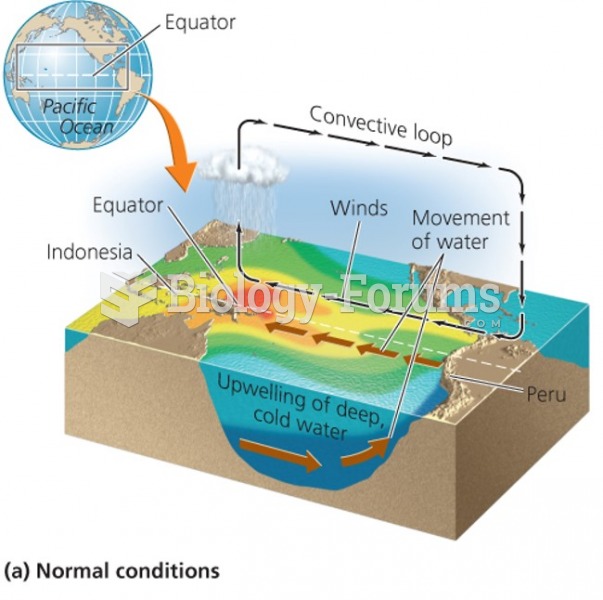This topic contains a solution. Click here to go to the answer
|
|
|
Did you know?
The most destructive flu epidemic of all times in recorded history occurred in 1918, with approximately 20 million deaths worldwide.
Did you know?
The Centers for Disease Control and Prevention (CDC) was originally known as the Communicable Disease Center, which was formed to fight malaria. It was originally headquartered in Atlanta, Georgia, since the Southern states faced the worst threat from malaria.
Did you know?
The term pharmacology is derived from the Greek words pharmakon("claim, medicine, poison, or remedy") and logos ("study").
Did you know?
Your heart beats over 36 million times a year.
Did you know?
Addicts to opiates often avoid treatment because they are afraid of withdrawal. Though unpleasant, with proper management, withdrawal is rarely fatal and passes relatively quickly.
 John Lewis Krimmel’s painting of the Fourth of July in Centre Square Philadelphia (1812) shows the d
John Lewis Krimmel’s painting of the Fourth of July in Centre Square Philadelphia (1812) shows the d
 Hospice care is based on the belief that when death is inevitable, professional caregivers should ...
Hospice care is based on the belief that when death is inevitable, professional caregivers should ...





